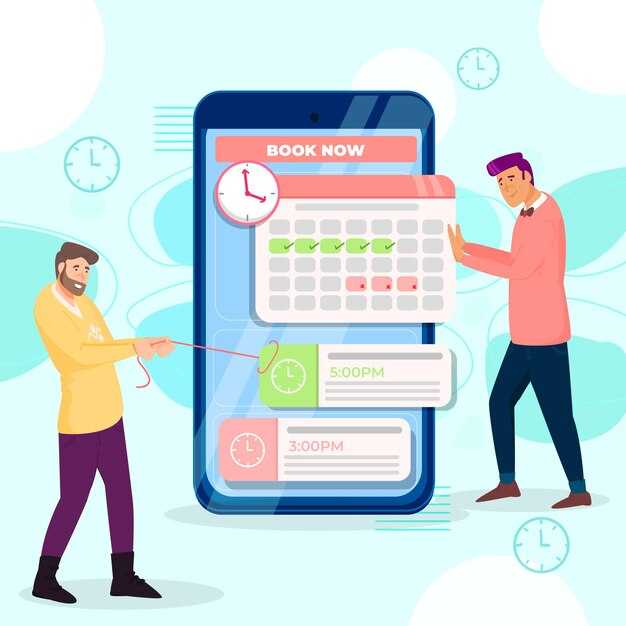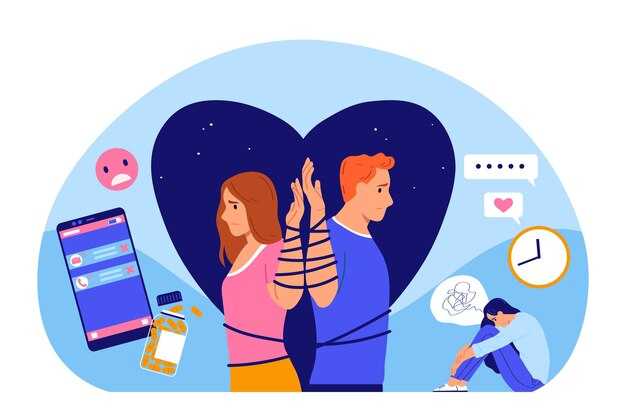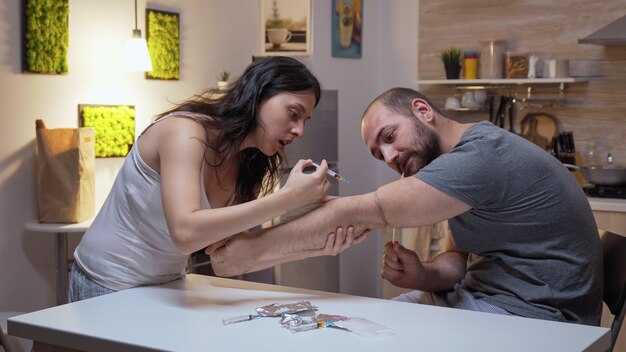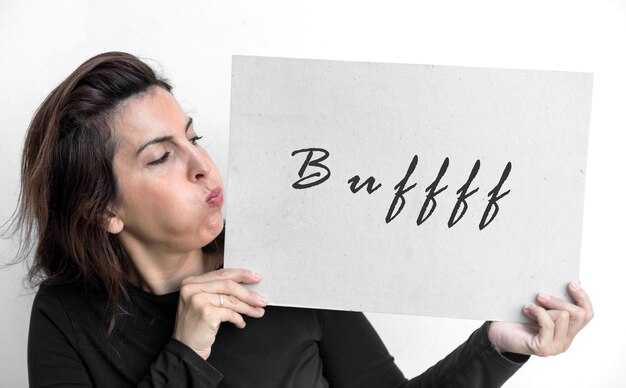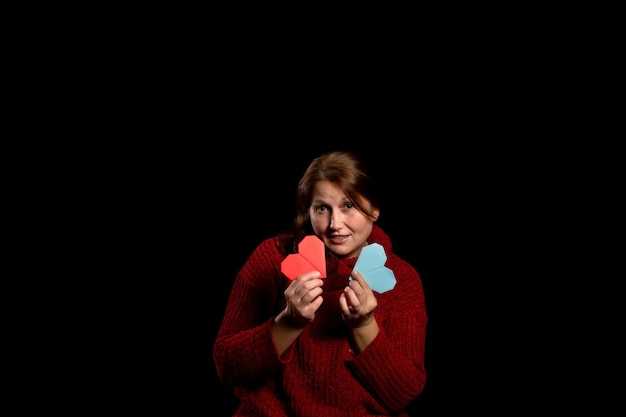Entanglement describes a messy emotional knot in relationships: a pattern where leaving feels terrifying even though it occupies your thoughts constantly, and both partners — or at least one — keep inventing justifications for behavior that slowly pushes the relationship past the point of repair. If you can’t face that possibility, you may be entangled. Usually entanglement repeats itself in circles: the bond is driven more by desperation than by genuine commitment, and it tends to make both people miserable. Because this pattern shows up a lot in partnerships formed by people who were traumatized as children, I want to address it now. Today’s letter comes from a woman I’ll call Marla. She writes:
Hi Anna — I was emotionally abused for over twenty years by my spouse, an alcoholic who’s claimed sobriety for nearly ten years. Two years ago I had an affair. Now he really seems to be changing; he’s engaged in serious work and I’m doing recovery around boundaries and codependency. He wants to rebuild our marriage — are there covert ways this situation could still be controlling? Am I wrong not to feel more grateful, or to not want to restart a life with him after everything I’ve been through and how it’s altered me? I felt shattered. I became a broken person who fell for someone else and suddenly glimpsed what being happy and loved in a healthy way might feel like. From what I understand, I was at the end-stage of codependency. I couldn’t live with the lie of the affair and knew my husband would probably learn about it — secrets like that are hard to keep. I decided to tell him a few months later. He was very grateful I told him; he said he wanted to hear it from me. By then I had already been devastated by falling out of love, after raising two children through the chaos. In the couple of years before the affair he had started doing transformational work and I saw him begin to admit and recognize things about himself that he would never have been able to when he was actively drinking. Since I confessed, he’s thrown himself into change: listening, growing, never loud or verbally abusive anymore. He owns what he did and how his abuse contributed to my damage. He forgave me for the affair and wants to save our marriage. He even tried to court me again — holding my hand, asking me out. He insists he’s always loved me, and says his broken childhood — the alcoholic family system we both come from — shaped his behavior. He was resistant to getting help for years and projected much of that onto me. I don’t know what to do. We’ve tried couples therapy, we listen to each other, and we’ve even served as each other’s informal counselors — which I now see was not a great idea. Something still feels off. He’s fixated with anger at the man I was involved with; he says he’s not angry with me. He’s supportive and kind in many ways, but I’m reluctant to be sexual with him. I don’t want to go back to feeling imprisoned. I’m not in love. The “good girl” in me feels guilty for not wanting to give him another chance. I’m stuck. I’m glad to find resources that don’t always paint the abuser as irredeemable — if someone genuinely changes from within, they deserve that transformation. But while I keep firm boundaries, I feel entangled in a codependent dynamic: guilty about all the effort he’s making to keep me when I don’t think I want the marriage, and he won’t really let me go. He says he’s not getting enough emotional nourishment from our relationship — his feelings are fragile — so I try to be kind and tell him healing takes time without taking responsibility for how he feels. He seems surprised at how strong I’ve been — finally noticing it. Here’s the heart of my question: it still feels like the focus is on his unmet needs, as if I, the person who was harmed, must now be the one to heal him from the affair I had. He’s not openly coercive, but I feel an indirect pressure to say the things he wants to hear or to be intimate. I tell him I can’t be inauthentic and that I have PTSD. Still, in a somewhat childish way I wonder after all he did to me: I own my codependent role, I didn’t value myself enough to refuse mistreatment, so why am I now feeling like I must heal him because of my affair? Affairs can destroy people, and yet I was already destroyed. I shouldn’t have behaved immorally and I’m truly sorry, but that doesn’t erase the trauma I endured or how it rewired me. I feel guilty for not wanting to start fresh with him. Are there subtle forms of control here? Am I wrong for not being more grateful or wanting this? His work deserves respect, but I wish it looked more like it was for his own sake. I have led a rich life; he hasn’t. Thank you.
Marla — I can respond to that.
You lived with an alcoholic who either drank actively for much of those twenty years or was emotionally present as a “dry drunk” for a long time; the timeline is a bit unclear. You say he’s been in recovery nearly a decade, but if he continued to emotionally abuse you during that period, I’d question how recovery is being defined. I get how alcoholism doesn’t switch off overnight — it’s not only about the drinking, but the deeper patterns under it, and some people don’t fully shift. Still, I’ve seen people genuinely transform into kinder, more present partners, so real change is possible.
You call yourself codependent, but I don’t see clear evidence of the way I define that term. Some therapists use “codependent” simply to mean “in a relationship with an alcoholic,” which is a looser usage. When I use the word, I mean someone whose happiness depends on another person changing — who invests their hope in someone else becoming different so they can be okay. In your letter I don’t hear that kind of hopeful investment; you sound more like you’ve given up on being happy within the marriage. So you may be using the label in a broader way. There are many ways people adapt to living with an alcoholic — codependency is only one possible pattern.
You asked whether his behavior contains subtle control. From what you described, I don’t hear manipulation so much as the normal pain and confusion that follows infidelity, years of alcohol-related harm, and verbal abuse. That doesn’t rule out that there could be controlling behaviors I’m not privy to, but your letter mainly reads like two people caught in the usual, very human turmoil these situations create.
About gratitude: you asked whether you’re wrong for not feeling grateful. Gratitude is not an obligation or a moral accounting device; it’s an emotion that arises naturally when fear and resentment quiet enough to make room for appreciation. Some people force themselves to be grateful by comparing themselves to others who have had it worse, but genuine gratitude isn’t manufactured that way. You’re carrying a lot of resentment and fear — all normal given your history — and those need to be addressed before gratitude will genuinely surface.
I teach a specific daily practice that helps people identify and clear anxious and resentful thoughts. It’s a straightforward process of naming what you’re feeling and thinking and then intentionally letting it go, paired with a short meditative step. If you try it without learning the method, you can end up doing a rant on paper that intensifies the feelings rather than release them. The technique and more detail are in my book Re-Regulated and also in a free course called The Daily Practice, which I recommend learning before attempting on your own. Right now you sound stuck and confused — which is exactly why a structured practice to unwind fear and resentment could help.
You also seem to be seeking permission to leave. You don’t need anyone’s permission. I can’t give a blanket answer about whether you should stay or go. After what you endured, it’s completely understandable to not want to try again. You also acknowledge you played a part in this history — you didn’t cause his drinking or his abuse, but there are dynamics that led the two of you to fit together in this unhealthy way. That’s neither a blame statement nor a moral condemnation; it’s an opportunity to examine patterns and learn so you don’t repeat them.
Regarding the affair: if you were attracted to someone else and no longer loved your husband, the ethical route would have been to separate first, take time to heal, and then consider a new relationship. Two wrongs don’t make a right. You didn’t tell me whether the affair is still ongoing or whether the other person was already in a relationship, which feels important and suggests you might not be fully addressing that piece of the story. Lack of that detail is telling — it may be part of why you feel unresolved.
As for your husband’s fixation on the other man: it’s understandable that he can hold resentment for what the affair partner did. Saying he’s “not mad at you” and simultaneously being unable to let go of anger toward the other man suggests conflicting feelings. In the moment it’s often safer to direct rage outward at a third party rather than at the person you fear losing; forgiving the spouse who betrayed you is a harder emotional task. He might have decided forgiveness toward you is necessary to keep the marriage, while the resentment toward the other man is easier to sustain. That’s human and messy, not necessarily a sign of manipulation.
You haven’t said whether either of you has engaged in 12-step work or whether you’ve been to Al-Anon. Many people find the wisdom and practical tools of 12-step programs — the serenity prayer, learning the difference between what we can and can’t control, a concrete way to make amends and move forward — very helpful. Al-Anon, in particular, can be a lifeline for partners and families of people with addiction. I’ve learned a lot from listening to others’ recovery journeys and watching what helps people get unstuck, and I recommend trying Al-Anon; it’s free and often practical.
It’s also worth examining the shame and practical steps connected to the affair: making heartfelt apologies, considering restitution where needed, and practicing honest repair are concrete ways to start facing the harm. Many people with untreated complex trauma (C-PTSD) behave in ways that look inconsiderate, unreliable, or dishonest; naming where you missed your own values can give you more agency than endlessly focusing on what he did.
If I were advising you from a practical standpoint, you sound like someone who could benefit from a period of separation. Not living together, not jumping into a new romantic relationship, and being very active in your own recovery work would let you see your role clearly, clarify what you actually want, and decide whether any part of this marriage still belongs in your life. You’ve said you fell out of love — that can be a deal-breaker. But separation can also be done with care and integrity, so that if you do separate it doesn’t have to be explosive; it can be a process that allows for repair later if both people genuinely change.
You noted that you and your husband served as each other’s counselors — that usually doesn’t work well. Couples therapy can help, but it’s also easy for it to exacerbate arguments if it’s not the right kind or not led by a skilled therapist. Shop for help that teaches concrete communication skills; I’ve found methods that focus on how to manage conflict constructively (for example, approaches similar to the Gottman school) to be more effective than ones that just encourage venting.
On the charge that you’re now expected to “heal him”: we don’t heal other people. You can apologize and make amends, and you can be present for someone who’s doing their own work, but healing is an individual responsibility. Believing you must heal him is a form of grandiosity and also codependency. Al-Anon’s notion of loving detachment is helpful here: you don’t “drag someone to bed” and solve their problems for them, but you don’t abandon them cruelly either — you might, metaphorically, put a blanket over them and let them rest without taking responsibility for their recovery. That middle ground allows kindness without over-responsibility.
Your guilt partly comes from having lied and from having acted in ways you regret. That’s understandable; lying hurts relationships. But it doesn’t automatically mean you must sacrifice your own wellbeing to fix the other person. All options — separation, staying and working on things, or eventually leaving — are on the table, and none of them are morally forbidden. What matters is clarity about what codependency means in your case and whether it truly describes your dynamic or whether what you need is to clear resentment, process trauma, and make choices from an empowered place.
If you want a short tool to start sorting whether your relationship patterns tilt toward codependency, there’s a free download called “Signs You’re in a Codependent Relationship” that lays out indicators you can compare to your own life. Take time to learn the daily practice I mentioned, consider Al-Anon and skilled couples work if you choose to try healing together, and above all give yourself permission to step back, breathe, and see what’s actually yours to fix and what isn’t. I wish you clarity and safety as you figure this out.






